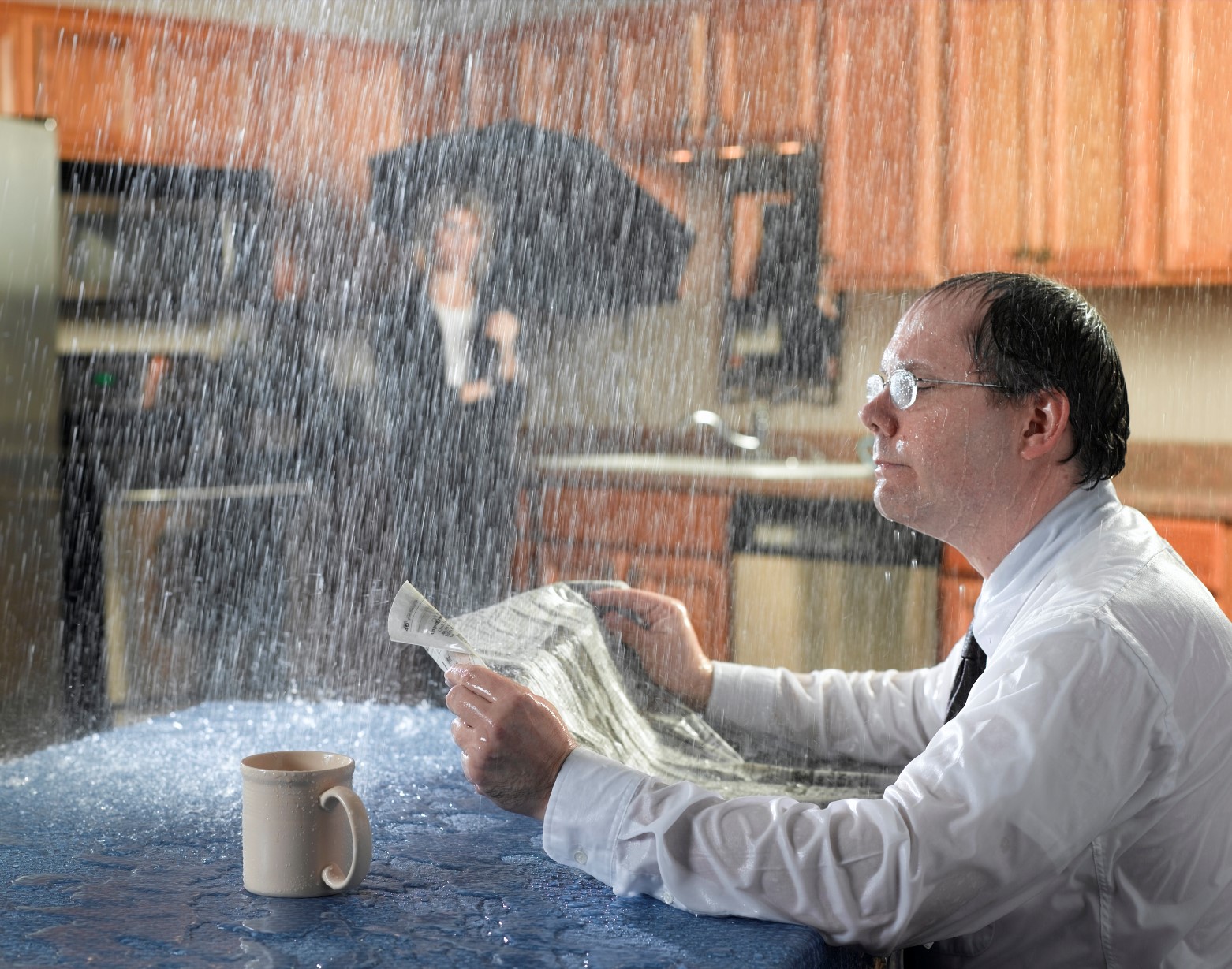Your Residential Most Typical Leak Factors: Analysis
Your Residential Most Typical Leak Factors: Analysis
Blog Article
Just about every person has got their personal rationale in relation to How to detect water leaks in your home.
Leaks not just cause waste of water however can also cause unneeded damages to your home and also promote undesirable natural development. By understanding and also looking for everyday circumstances that trigger leakages, you can shield your residence from future leakages and also unnecessary damages.
Intruding origins
The majority of water leakages start outside the house instead than inside it. You could notice damp patches or sinkholes in your lawn, and also that may mean that tree roots are attacking water lines causing water to seep out.
Corroded water supply
As time passes by, your plumbing system ages and corrosion such as rust might start gnawing the pipelines. This might be the reason for staining or bending on your water pipes. This requires an examination with your plumber right away. If our plumbing system is old, take into consideration changing the pipelines considering that they are at a higher risk of corrosion than the more recent designs.
Defective Pipeline Joints
Pipe joints can degrade over time, resulting in water leakages. If you have loud pipelines that make ticking or banging sounds, particularly when the warm water is transformed on, your pipeline joints are possibly under a great deal of stress.
Instant temperature changes.
Extreme temperature level modifications in our pipes can cause them to expand and contract suddenly. This expansion as well as tightening may create cracks in the pipes, specifically if the temperature are below freezing. If you kept an eye on how your plumbing works, it would certainly be best. The existence of the previously stated circumstances frequently indicates a high risk.
Poor Water Connectors
At times, a leakage can be created by loosened hoses and pipes that supply your appliances. In situation of a water connections leak, you may discover water running straight from the supply line or puddles around your devices.
Blocked Drains
Blocked drains may be irritating and inconveniencing, however they can occasionally end up creating an overflow resulting in burst pipes. Keep getting rid of any kind of materials that may drop your drains pipes that might obstruct them to stay clear of such hassles.
All the above are reasons for leakages however not all water leaks arise from plumbing leakages; some leaks could come from roofing system leaks. All leakages ought to be repaired instantly to prevent water damages.
Leaks not only trigger waste of water but can also trigger unnecessary damages to your house as well as promote undesirable organic development. By looking and also understanding for daily circumstances that trigger leaks, you can shield your house from future leaks and also unnecessary damage. Today, we will certainly look at six leakage triggers that may be triggering your pipelines to trickle.
At times, a leak can be created by loosened pipes as well as pipelines that provide your devices. In instance of a water links leakage, you may observe water running straight from the supply line or puddles around your appliances.
How To Check For Water Leak In Your Home
How To Check for Leaks
The average household's leaks can account for nearly 10,000 gallons of water wasted every year and ten percent of homes have leaks that waste 90 gallons or more per day. Common types of leaks found in the home are worn toilet flappers, dripping faucets, and other leaking valves. These types of leaks are often easy to fix, requiring only a few tools and hardware that can pay for themselves in water savings. Fixing easily corrected household water leaks can save homeowners about 10 percent on their water bills.
To check for leaks in your home, you first need to determine whether you're wasting water and then identify the source of the leak. Here are some tips for finding leaks:
Take a look at your water usage during a colder month, such as January or February. If a family of four exceeds 12,000 gallons per month, there are serious leaks.
Check your water meter before and after a two-hour period when no water is being used. If the meter changes at all, you probably have a leak.
Identify toilet leaks by placing a drop of food coloring in the toilet tank. If any color shows up in the bowl after 10 minutes, you have a leak. (Be sure to flush immediately after the experiment to avoid staining the tank.)
Examine faucet gaskets and pipe fittings for any water on the outside of the pipe to check for surface leaks.
Undetected water leaks can happen without the home or business owner even realizing. If you suspect a water leak, but not able to find the source. It is time to contact a professional water leak detection service, The Leak Doctor.
How To Find a Water Leak In Your Home
https://www.leakdoctor.com/blog/How-To-Check-For-Water-Leak-In-Your-Home_AE197.html

We were made aware of that article on Common Water Leaks In House from a friend on our other web address. Don't hesitate to take the opportunity to share this article if you liked it. We recognize the value of reading our article about Most Common Causes of Leaky Pipes.
We're ready, dial now! Report this page